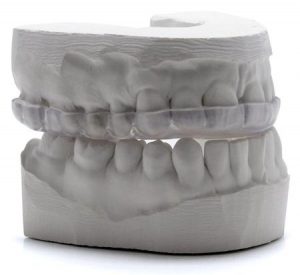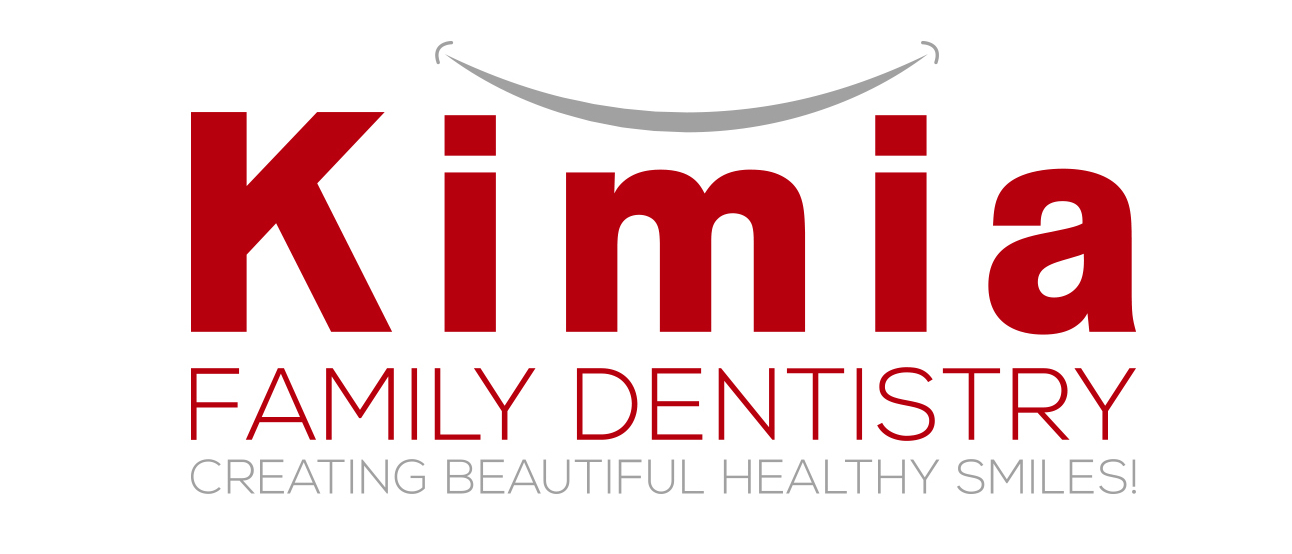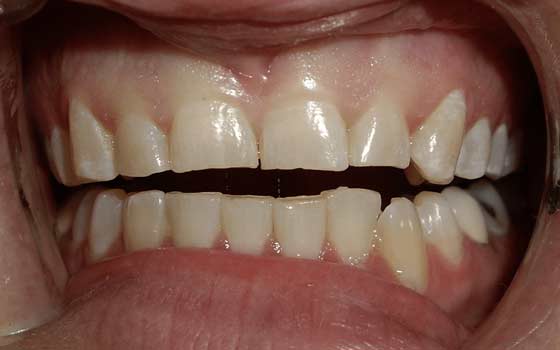Teeth grinding is medically referred to as bruxism and does not cause harm. However, continued dental grinding can cause dental problems and can also cause oral complications. In most people, grinding usually occurs during sleep. Medical reports indicate that teeth grinding is mostly caused by stress, missing tooth, crocked tooth, or sleeping disorders such as sleep apnea.
Since grinding occurs when one is asleep, it is burdensome to find out whether you grind teeth. To know whether you grind your teeth, you should be informed of the symptoms of Bruxism. These symptoms involve constant headaches, sore jaw, and dull sleep. If you suspect you grind teeth and you are unaware of the symptoms, it is advisable to seek a dentist’s services. Once your teeth are examined, the dentist will be able to assess the symptoms of bruxism like teeth wear and swelling of gums.

If you note that you are grinding teeth, it is paramount to seek medical attention since it can lead to chronic wearing, fracturing and loosening of teeth. In other instances, grinding might result to loss of a tooth due to extreme tooth loosening. It can also cause loss of your tooth shape which results to the change of facial appearance. These illnesses can result to interventions like implants, dentures, crowns, and root canals which will cost you.
There are several interventions that a dentist will offer to stop grinding. One of the most preferred and simple intervention is by wearing a mouth guard which protects your teeth from grinding while sleeping. This process is less elaborate and costs you less than a minute. A mouth guard is very effective and within a few days you will feel its full effect. Other interventions that a dentist will offer you include stress reduction techniques and counselling. This is very important since teeth grinding is mostly caused by stress. Therefore, seeing a therapist is one of the options that will be provided and they are very helpful. Sleep disorders such as apnea causes grinding. Consequently, it is advisable to seek medical services.
Treatment
Before Bruxism treatment is offered, the dentist will first examine the symptoms of Bruxism. Your dentist will check out symptoms like dental abnormalities such as change in shape of your teeth, tenderness in jaws, and teeth wear. If dental grinding is more chronic, sleep medicine will be issued for bruxism treatment.
Treatment is very necessary since continued grinding of teeth may result in more complex and chronic dental complications which might involve an individual to undergo complex bruxism treatment such as tooth surgery.
Treatment is very simple since you only have to seek therapist’s interventions if grinding has been brought by stress or sleep apnea.


